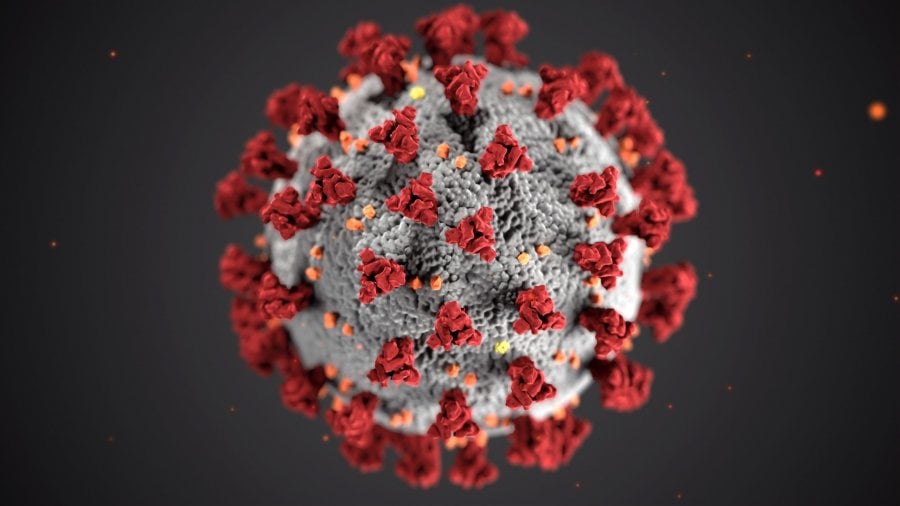Can a traditional Indian herb promote recovery from long COVID?
10 August 2021 London School of Hygiene & Tropical Medicine London School of Hygiene & Tropical Medicine https://lshtm.ac.uk/themes/custom/lshtm/images/lshtm-logo-black.png
The London School of Hygiene & Tropical Medicine (LSHTM) is teaming up with All India Institute of Ayurveda (AIIA), an autonomous body under the Ministry of AYUSH in India, on a trial to find out whether the Ashwagandha herb can help people recover from long COVID.
Commonly known as ‘Indian winter cherry’, the Ashwagandha herb is traditionally used in the Indian Ayuverdic system of medicine to boost energy, reduce stress and strengthen the immune system.
Recent trials have demonstrated its efficacy in reducing anxiety, stress, improving muscle strength and reducing fatigue symptoms in patients with chronic conditions.
The symptoms of long COVID can include cognitive dysfunction, poor mental health, extreme fatigue and muscle weakness. These symptoms are estimated to effect 10-20% of COVID-19 survivors, and can last for between one and three months or longer in many cases. There is currently no evidence on its effective treatment or management.
While there have been several studies on Ashwagandha to understand its benefits in various ailments, this is the first time the Ministry AYUSH has supported a foreign institution to investigate its efficacy on COVID-19 patients.
The clinical trial will take place over one year and involves 2,000 people living in the UK with long COVID. 1,000 of the trial participants will take 500mg Ashwagandha tablets twice a day for three months, while another 1,000 participants will be given a placebo. In this double-blind trial both patients and researchers will be unaware of which treatment each group receives to remove any potential bias.
The randomly selected participants will then have a monthly follow-up of self-reported quality of life, impairment to activities of daily living, mental and physical health symptoms, supplement use and adverse events.
Dr Sanjay Kinra, Professor in Clinical Epidemiology at LSHTM and Principal Investigator on the study, said: “It’s really exciting to be working on this trial of traditional Indian medicine to see if it can help solve a global public health crisis and improve people’s recovery from COVID-19. Ashwagandha has been shown to reduce symptoms of other conditions that are similar to those of long COVID, so we are hopeful that it will be an effective way to combat the condition.”
Dr Geetha Krishnan, Technical officer at the World Health Organization (WHO) Geneva, who played a major role in establishing the collaborative research project between LSHTM and AIIA, said: “Research is the only way to ensure appropriate integration of traditional medicine knowledge into mainstream medical practice. This study would provide an example on how major institutions across continents can jointly work to address problems faced by humankind, and develop credible solutions based on traditional knowledge in the area of health.”
HE Gaitri Issar Kumar, High Commissioner of India in the UK, said: “High Commission of India welcomes this historic agreement for conducting clinical trials on ‘Ashwagandha for promoting recovery from COVID-19 in the UK’. Since the start of the COVID-19 pandemic, our medical fraternities have come together to find solutions. It is, therefore, most logical that the efficacy of the ancient Indian science of Ayurveda should be shared with interested institutions in the UK. The launch of clinical trials is a step in this direction. I wish this unique bilateral collaboration every success.”
The study is funded by the Ministry of AYUSH of the Government of India. This collaboration and proposal have been developed with support from the UK’s All Party Parliamentary Group on Indian Traditional Sciences and the Traditional Complementary and Integrative Medicine Unit at the World Health Organization (WHO).
LSHTM's short courses provide opportunities to study specialised topics across a broad range of public and global health fields. From AMR to vaccines, travel medicine to clinical trials, and modelling to malaria, refresh your skills and join one of our short courses today.